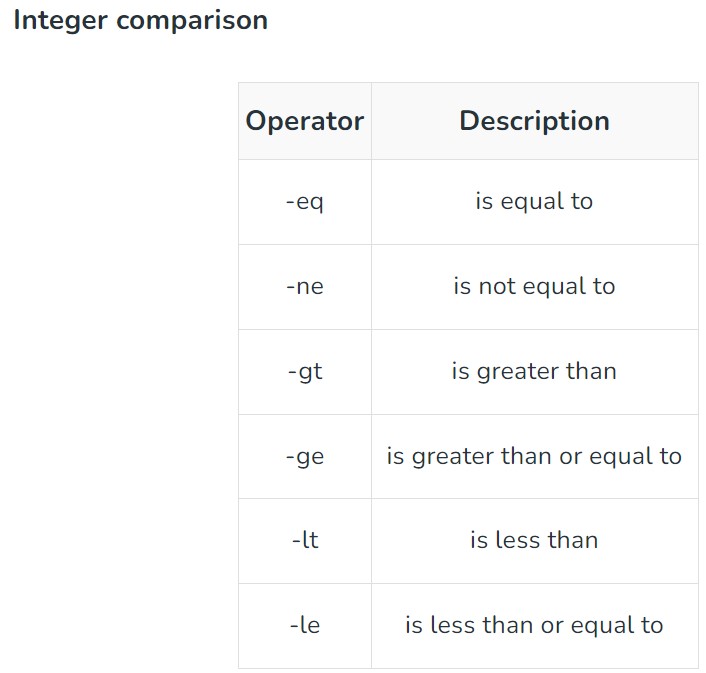Shell Scripting Variables
In shell scripting, variables are used to store and manipulate data. Shell scripts support several types of variables, including:
-
User-Defined Variables:
- These are variables that you define yourself to store data.
- Variable names are case-sensitive and can consist of letters, numbers, and underscores. They must start with a letter or an underscore.
- You can assign a value to a variable using the
=operator without spaces around it. - Example:
my_variable="Hello, World!"
-
System Variables:
- These are predefined variables that the shell uses for various purposes.
- Common system variables include
PATH,HOME,USER,SHELL, andPWD. - You can access their values using the
$symbol followed by the variable name. - Example:
echo "My home directory is $HOME"
-
Positional Parameters:
- These variables are used to access command-line arguments passed to the script or function.
$0represents the script's name, and$1,$2, etc., represent the first, second, and so on, arguments.- Example:
echo "Script name: $0" echo "First argument: $1"
-
Special Variables:
- Shell scripting has several special variables with predefined meanings, such as
$$(current process ID),$?(exit status of the last command), and$#(number of arguments). - Example:
echo "Process ID: $$"
- Shell scripting has several special variables with predefined meanings, such as
-
Array Variables:
- Shell supports arrays, which are indexed collections of values.
- You can declare an array and access its elements using square brackets
[ ]. - Example:
my_array=("apple" "banana" "cherry") echo "First fruit: ${my_array[0]}"
-
Read-Only Variables:
- You can make a variable read-only using the
readonlykeyword. Once a variable is read-only, its value cannot be changed. - Example:
readonly my_readonly_variable="This is read-only"
- You can make a variable read-only using the
-
Environment Variables:
- Environment variables are global variables that are accessible to all processes.
- You can set them using the
exportcommand. - Example:
export MY_ENV_VAR="This is an environment variable"
-
Local Variables (in Functions):
- Variables declared within a function are local to that function and do not affect the global scope.
- Example:
my_function() {
local local_var="This is a local variable"
echo "$local_var"
}
To use the value of a variable, you typically enclose its name in double quotes to ensure that any spaces or special characters are handled correctly. For example: "$my_variable".
